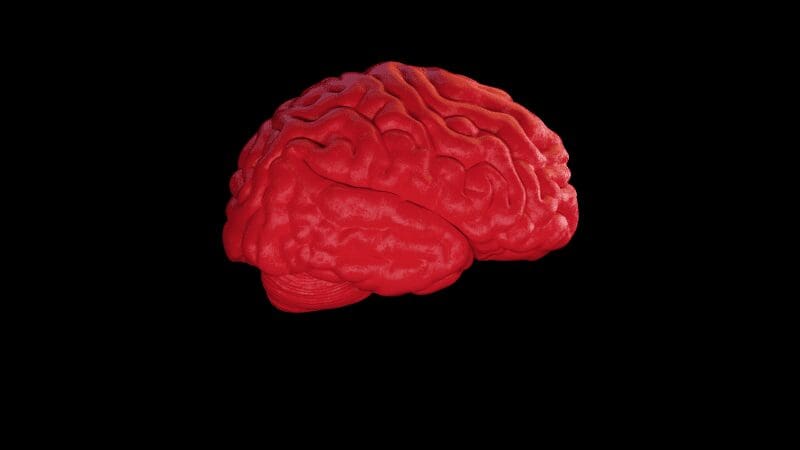Let’s talk about Pippin.
Now, sports fans may think we mean Scottie Pippen, erstwhile supporting player on Michael Jordan’s Chicago Bulls. But musical theater fans (and these two fandoms are by no means mutually exclusive) will know that we are talking about the musical featuring songs by Stephen Schwartz, who is also famous for his musical contributions to Godspell and Wicked.
In Pippin, the young man of the title seeks to find his place in the world—what he calls his “Corner of the Sky”—but struggles mightily to do so. Along the way, he is goaded by a character known as the Leading Player, who probably does not have Pippin’s best interests in mind. The Leading Player insists, however, that Pippin is “On the Right Track.”
There’s no trick to staying sensible
Despite each cul-de-sac
‘Cause each step’s indispensable
When you’re on the right track
Of course, it is an open question whether Pippin is on the right track at all. Sometimes the wrong track can do a pretty good imitation of the right track.
What This Bit of Musical Theater Analysis Has to Do With Recovery
You may well be wondering what the point of the preceding Pippin patter might be. After all, you landed here looking for information about substance use disorders and recovery, right?
Fair enough.
Here’s the connection: When you use drugs or alcohol regularly, you begin to create new pathways in your brain. Eventually, the creation of a new pathway resulting from drug or alcohol use results in the development of a substance use disorder. As far as your brain is concerned, this new pathway is akin to the Leading Player’s “right track.” Your brain becomes accustomed to—and dependent on—drugs or alcohol, and the problem becomes self-reinforcing. It can quickly come to seem as if there is no way to take any other path that does not involve continued use of the substance in question.
Fortunately, there is a way to get off of this dangerous path and back on the “right track” of sobriety.
It Is Hard to Work ‘Neuroplasticity’ Into a Musical Number
The key to regaining sobriety is something called “neuroplasticity”—a fancy word for a fairly simple concept. Neuroplasticity means that our brains have the ability to forge new pathways when we change our behaviors. That is to say, our brains are moldable. This moldability can work against us (as when a new pathway is forged by drug use) or for us (as when we stop misusing drugs or alcohol and reclaim our sobriety).
You can see something similar happen in Pippin (you knew we would find our way back to the musical, right?). The Leading Player keeps pushing our hero to try different and dangerous things in his quest for contentment. And for a while, Pippin goes along. Goes along, that is, until he realizes that he has already passed up the very things that offer him the contentment he seeks.
In a funny way, the false promises of drug use are a lot like Pippin’s fruitless search. Oftentimes, a person uses drugs or alcohol as a way to pursue feelings of contentment—or at least to numb feelings of discontentment. Ultimately, however, they find that it simply doesn’t work. And eventually they conclude, quite rightly, that true contentment is only available to those who reclaim and maintain their sobriety. That is the true “right track”—no matter what the drugs may try to tell you.
And fortunately, neuroplasticity makes it possible to forge that path and stay on it.
French Creek Recovery Center Can Help (Without Anyone Bursting Into Song)
If you are struggling with a substance use disorder, we can help. French Creek Recovery Center offers personalized, evidence-based treatment that includes medically supervised detoxification and a rehabilitation program that helps kick-start the process of creating new, positive pathways in the brain. Along the way, we can address any co-occurring mental health disorders and untangle the direct and indirect ways in which they may be connected to your substance use disorder. We offer the expertise, resources, and support that can help you begin your recovery journey with confidence that you can succeed at staying sober—and that you are undoubtedly on the right track.

